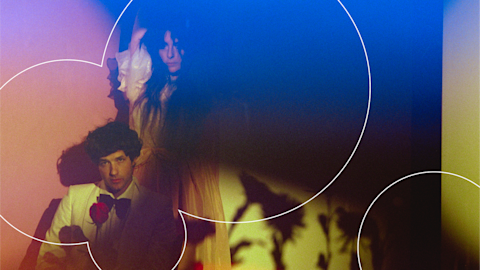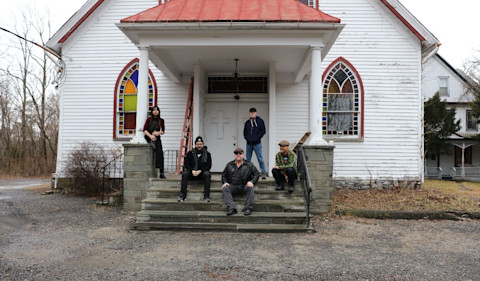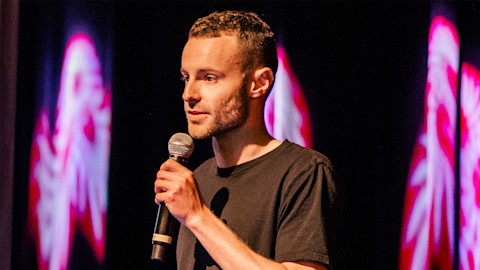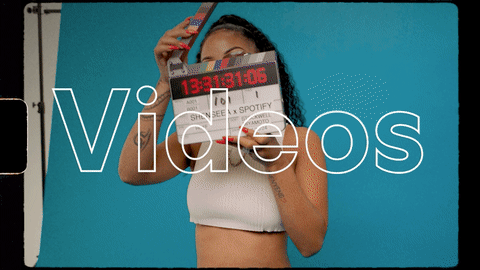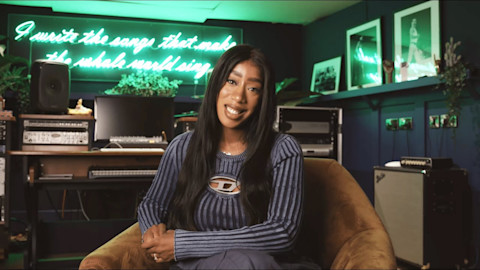Jeremy Weiss knows music conferences. The music-business veteran has headed up the LAUNCH Music Conference and Festival, which takes over Lancaster, Pennsylvania, every April, since 2009. The conference takes place this year April 25-28 at venues all over the city, and opens with a panel on how to get the most out of it—in order to make the conference as useful as possible for newbies and seasoned professionals alike. We asked Weiss for tips on navigating LAUNCH and other conferences as an artist, and he had a lot of practical and personal advice.
Do your research before you go—and don't get caught up in whether you're on the bill.
Focusing entirely on [whether] you were able to be placed to play or not is the first and greatest mistake, at any music conference—including LAUNCH. You are welcome to ingratiate yourself, or introduce yourself, to industry professionals that are all gathered in one area, in this totally improbable gathering. It might take you years to get proper contacts and establish these meetings with these dozens and dozens of folks, if you get them at all. But here, they're all here.
So, the first thing that I think is obvious to me is, research who's there, and who best corresponds with your greatest needs, or your areas of greatest interest. Or who do you think is more inclined to like the music you're creating, or like you? And know your subject.
If you are performing, make your showcase a priority.
People do seem to fail to realize that conferences are competitions for attention. [An artist] should approach it as a competition. If you're performing, the only performance at that entire conference that matters to you is that 7:30 time slot on Friday night, if that's your time slot. You're trying to bring folks to see your act—that's it, period. I think we all grew up in a more empathetic, 'Watch all the bands—thanks for coming out!' [environment]. That's wonderful in a normal setting.
Be bold.
Whether you're an aspiring professional or a musician, be shameless. Not to the extent that you would crawl under a bathroom stall door and introduce yourself—but be shameless in [realizing] that this is your chance. This is the time you have to familiarize someone with your ambitions or your art.
Bring something extra.
There are gratuitous ways to distinguish oneself. One band sent a toilet to [Vans Warped Tour founder] Kevin Lyman, who was my partner for a couple of years. They sent a freaking toilet to his office. And their disc was in it. You know, thankfully it was an unused toilet, so that was good.
At a conference, you don't have to get that grandiose. People recognize anything remotely unique that you've done to distinguish yourself. I remember a couple of years ago, a group called Hot Jam Factory showed up with these foam Frisbee discs. They gave out, like, 800 of these things, and kids were throwing them around all weekend. You couldn't leave Sunday morning and not at least have heard that freaking band's name. It had such an effect on me, I signed them and began to manage them.
Be open to new discoveries.
Conferences can be a place where you find out that this is not your thing. That's important—to realize, 'Hey, these folks are saying all of these things are necessary. All of this time and devotion and learning. And maybe this isn't for me.' It's like switching your major in college. You're not dropping out, but you can switch your major. It's important that people hear the truth of what it really takes.
There's so much out there about instant success stories, or folks that had to do little to nothing... [but] 99.99 percent of music careers are built over a minimum of five years. That's an eye-opener for a lot of folks as well. [Conferences are helpful with] dispelling myths, and making sure that people know how to recognize results and achieve them. People don't particularly like slow climbs—especially with their own art. If you can't stop, and enjoy, and look at the progress that you've made, if you're only looking to shoot straight up to the moon, you may realize, 'Hey. I'm not doing this.'
Realize that "the hang" is important.
The best hang at a conference is something a little more personal. It's also important to not always talk about what you want, and just talk. For example, Lou Plaia, a founder of ReverbNation, likes the New York Mets. If you like baseball, you could talk about the New York Mets with Lou Plaia. I'm a diehard Eagles fan, and we won the Super Bowl last year. So if you wanted to speak with me last year, leading out with, 'Congratulations on your first Super Bowl win' is pretty cool. Having said that, you've got to get to your point.
Keep your feet on the ground.
There are a lot of suppositions out there about how bands project themselves, and every one of them just murders the phrase 'Fake it till you make it.' Everyone thinks that you have to look, in some way, extraordinary. I personally do remember bands that look 'like a band.' But [if you take it] to the extent that you have to have an air of arrogance about you… I've never seen a music professional run toward the person who projected arrogance. It's a headache out of the gate. Some of your relationships aren't about [higher-ups]—they're about your peers as well.
—As told to Maura Johnston
